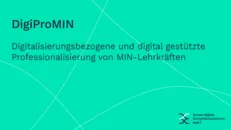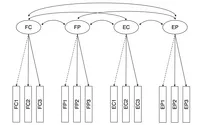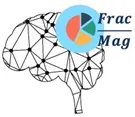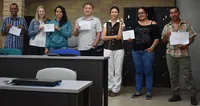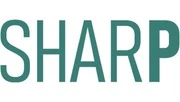The project investigates the use of the digital textbook ALICE in the classroom and its correlation with the professional knowledge of teachers. The aim is to gain insights into how digital media can be used effectively in teaching and what knowledge is necessary for this.

In this project, teacher training courses will be developed to help primary school teachers identify arithmetical misconceptions and use them productively in the classroom. The courses will utilize digital tools, like a digital simulation, and be continuously developed based on ongoing research.

The project examines the diagnostic processes of teachers in a task-based simulation. Accurate diagnoses are necessary to enable support measures and adaptive teaching. The project aims to contribute to describing diagnostic processes among prospective and practicing teachers at a high resolution level.

The aim of the project is to investigate the relationships between fraction knowledge and algebraic knowledge in order to improve understanding of the connections between numerical and non-numerical thinking in learning.

The project investigates the learning and transfer effects of students in building size concepts for fractions. Behavioral and neural data are recorded using functional magnetic resonance imaging (fMRI).

The FracVisET project investigates different types of visualizations for fractions and their suitability for supporting students in building size representations for fractions. Eye-tracking is used to measure eye movements and allow inferences about cognitive processing.
Mathematics anxiety (MA) impacts performance and consists of trait (general) and state (situational) components. This project uses both self-reports and physiological measures to investigating the relationship between state MA and processing efficiency in mathematical tasks, aiming to validate physiological measures for real-time assessment of state MA.
The project investigates the perceived challenges experienced by practicing teachers when teaching statistics. The focus is on the affective characteristics of teachers and their statistical content knowledge. The aim is to gain insights to improve teacher education in this area.
RocketTutor is an intelligent tutoring system that creates personalized learning paths and content based on web analytics to assist students in preparing for the mathematics baccalaureate exam.

SHARP investigates how AI-supported personalisation of digital simulations in higher education can foster the professional development of future mathematics teachers. The focus lies on diagnosing and intervening as core professional practices. Across 18 subprojects, interdisciplinary teams study learning processes in simulations, the effective design of personalised support, and its impact on professional action.


